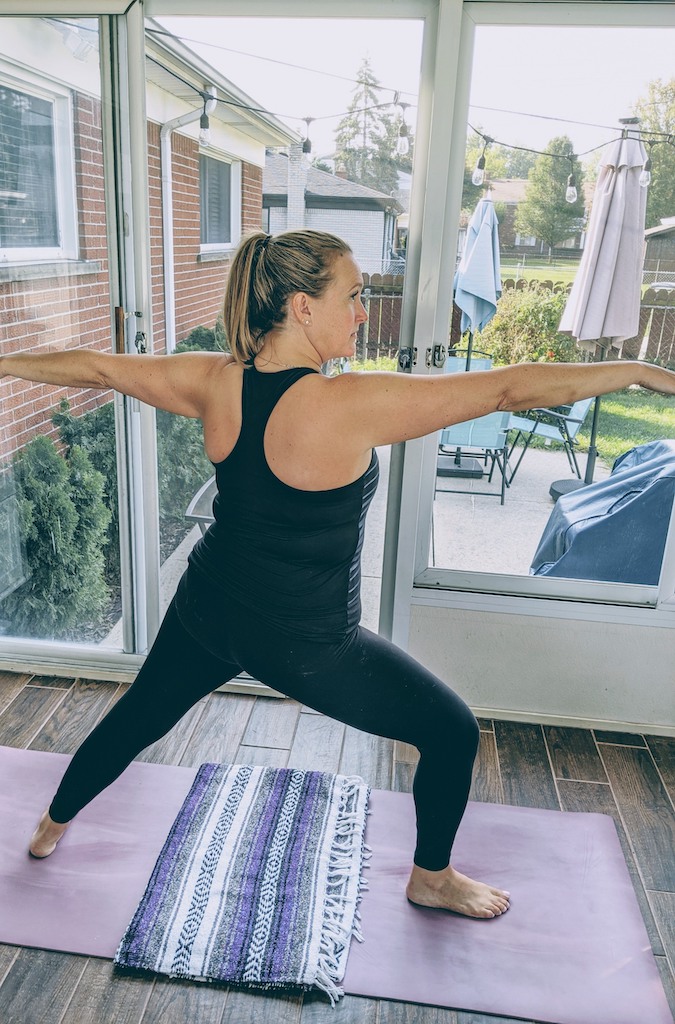At this point we’ve all heard the phrase, “work-life balance” ad nauseum. Even before the pandemic, many organizations across the U.S. were already researching or implementing work-from-home programs. But when the COVID-19 pandemic hit in March, most Americans were essentially forced into this new work environment, five days a week every week – whether they wanted to or not.
And now, six months later, many of us have been on the calls with our leadership or human resources explaining to us the importance of self-care and taking time for ourselves. But when the line between work and home has become so incredibly blurred, how is that still possible?
If you’re like me, you’re probably at the point where even the idea of another Zoom after-work gathering or baking another bread recipe makes you want to scream. I get it, and I don’t even have children, so I can’t even speak to that here (except to say you’re all heroes). Regardless, we’re all wearing multiple hats right now. We’ve come to a breaking point at some time during these last six months and guess what: It will probably happen again.
But that’s why it truly is important for us to take time out during the day to focus on ourselves. Sure, we’ve heard these words spoken to us before, but have we really practiced this self-care, let alone addressed the importance of our mental health and wellbeing?
Here are some tips for creating your own self-care routine:
- Find what works for you. Do you feel yourself sitting for hours on end at your desk or makeshift workspace? Go for a walk. Pick up some hand weights (yes, they’re available again) and lunge in place. Put on your favorite song and dance. Or run downstairs and do a load of laundry – whatever makes you feel good and gives your body the exertion it needs. We all know the studies on the damage office jobs can do to our bodies – working from home isn’t any different.
- Start your day right. Don’t tell me you haven’t crawled out of bed at 7:58 a.m. to turn on your computer and start your day. I will be the first one to admit that I’ve done this! But some days it really can be a nice boost to give yourself a bit of time by showering, getting dressed, and making yourself presentable (at least from the waist up). I realized that some days I also need something more physically challenging before logging on to work. Prior to the pandemic, I absolutely loved my 6 a.m. yoga class. It was the perfect way to start the day. When the yoga studio closed, I was worried that I was going to lose that part of my routine. But I was fortunate enough to find a wonderful virtual yoga community, and now I’m back to practicing a few days a week, including twice in the morning before I log on to work for the day.
- Make it a habit. Set up reminders. Block time off on your work calendar. Some days are busier than others but just try. And if you hit snooze, next time that notification pops up do not ignore it!
- Breathing exercises work wonders. I cannot stress enough how wonderful self-guided meditation is! The benefits of this practice are plentiful, even if you are skeptical at first. It can put clarity, calm, and focus back into your work and life. Research “Pranayama” to learn more about the practice and find simple techniques that you can incorporate into your routine throughout the day. I’ll admit, I’ve even done some of these exercises while on a stressful conference call – just make sure you’re on mute!
- Get outside. I hate to say it, but winter will be here before we know it. Even if that means bringing out a blanket, take your next conference (or personal) call in your backyard. And if you live in Michigan, peak fall colors are coming soon – so don’t miss the opportunity to enjoy the view.
- Understand the value of virtual care. Depending on your healthcare coverage, you should have options to meet with medical professionals virtually or over the phone. A lot of this coverage also includes behavioral visits. It is so important for us to stay on top of our health right now, and that includes mental health. Visit your health insurer’s website for more information.
Do you have any other tips to share? Add them in the comments below!
Shannon McCarthy
IABC Detroit President

